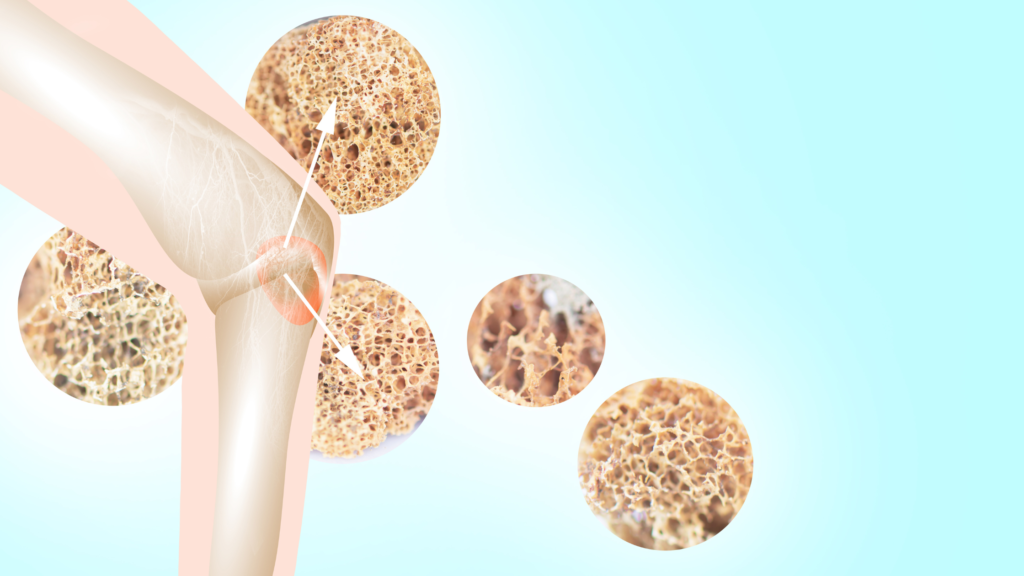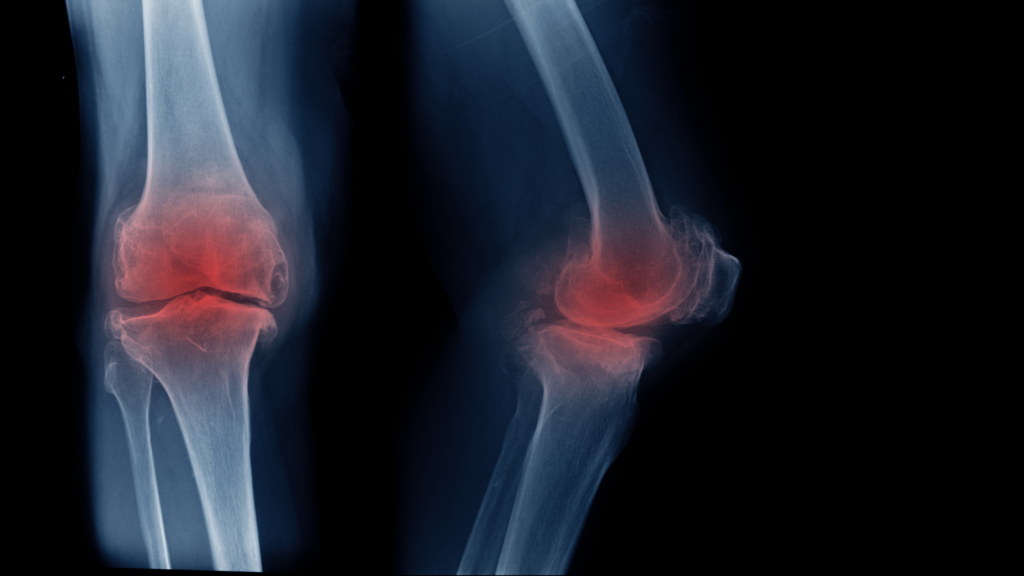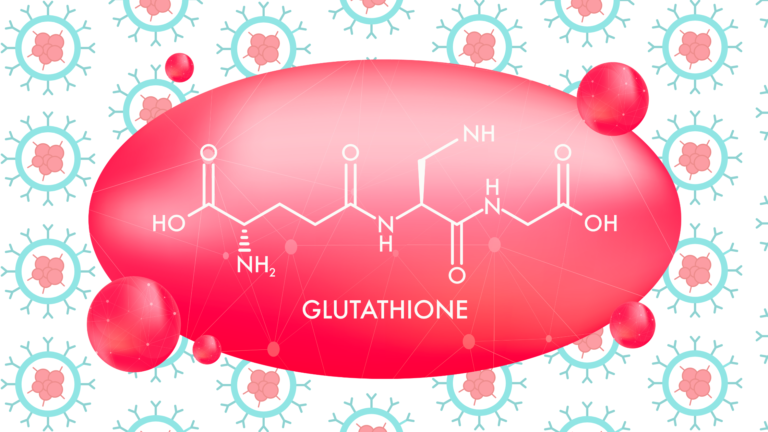
Berdi
urinary Track Health
In the world of bone health, one silent champion stands out – Vitamin K. Often overlooked, this unsung hero plays a pivotal role in maintaining robust and resilient bones. Let’s delve into the profound role of Vitamin K in bone vitality and overall well-being.
Vitamin K is not just a mere supplement; it’s a fundamental nutrient that contributes significantly to bone health. From bone density to fracture prevention, its influence is undeniable. This section unveils the hidden role of Vitamin K in bolstering our skeletal structure.
Bone health is a multifaceted aspect of overall well-being, and one of the essential contributors to maintaining strong and dense bones is vitamin K. The role of vitamin K, a fat-soluble vitamin is pivotal in bone metabolism, particularly through its involvement in the synthesis and activation of osteocalcin, a key protein associated with bone mineralisation.
While calcium is essential for bone structure and vitamin D aids in its absorption, Vitamin K ensures proper utilization of calcium. It acts as a cofactor for proteins that regulate calcium in the bones and blood vessels, preventing calcium deposits where they shouldn’t be and promoting healthy bone mineralization.
Osteocalcin, a vitamin K-dependent protein, is integral to the bone mineralisation process. Its function lies in its ability to bind calcium ions, facilitating their incorporation into the bone matrix. This interaction is crucial for ensuring the structural integrity and strength of bones. Without sufficient vitamin K, osteocalcin remains undercarboxylated, rendering it less effective in promoting optimal bone mineralisation.

Research studies have provided valuable insights into the positive correlation between vitamin K and bone health. A notable randomised controlled trial in the Osteoporosis International journal focused on postmenopausal women and explored the effects of vitamin K2 supplementation on bone mineral density. The results indicated a significant improvement in bone mineral density at various sites, including the lumbar spine and femoral neck, highlighting the potential of vitamin K in enhancing bone health.
In addition to its impact on bone density, vitamin K has also been associated with a reduced risk of fractures, particularly in postmenopausal women. A meta-analysis reveals a potential benefit of vitamin K supplementation in lowering the risk of fractures, with a particular emphasis on hip fractures. This suggests that adequate vitamin K levels may contribute to the prevention of bone fractures, a common concern in the ageing population.

The intricate mechanism by which vitamin K influences bone health lies in its role in the carboxylation of osteocalcin. Carboxylation is essential for activating osteocalcin, enabling it to bind calcium effectively. This process ensures that the necessary building blocks for bone mineralisation are optimally utilised, contributing to the maintenance of bone density and strength.
In conclusion, vitamin K emerges as a crucial player in the realm of bone health, with its impact on osteocalcin activation and bone mineralisation well-supported by research. The studies by Knapen et al. (2013) and Cockayne et al. (2006) provide compelling evidence of the positive influence of vitamin K on bone density and fracture risk reduction, underscoring the importance of maintaining adequate vitamin K levels for optimal bone health.
In the symphony of nutrients, Vitamin K emerges as the conductor orchestrating bone vitality. From fortifying bone density to preventing fractures, its impact is profound. Embrace the power of Vitamin K, unlock the potential of your bones, and stride confidently towards a life of optimal health.
You can get the right amount of vitamin K through Route2Health’s Bonical K. Botanical K contains all that your bones need. It contains calcium, vitamin D, and K in the right quantities, promising stronger bones and a healthier you.
While it plays a crucial role in bone health, Vitamin K also contributes to blood clotting and cardiovascular health.
While supplements can be beneficial, a balanced diet with Vitamin K-rich foods is the ideal way to meet your nutritional needs.
Excessive Vitamin K intake is rare and usually not harmful. However, excessive intake of vitamin K may lead to an increased risk of blood clotting disorders while simultaneously interfering with anticoagulant medications. It is essential to maintain recommended daily levels to prevent potential adverse effects on blood coagulation.
Yes, but in varying amounts. Kale, spinach, and broccoli are excellent sources.
Some studies suggest that sufficient Vitamin K intake may contribute to reducing the risk of fractures, especially in older individuals.










©2023 Route2Health®️
NTN: 2229383
AN ASSOCIATED COMPANY OF HIGHNOON LABORATORIES
STRN: 0301999937728

WhatsApp us
